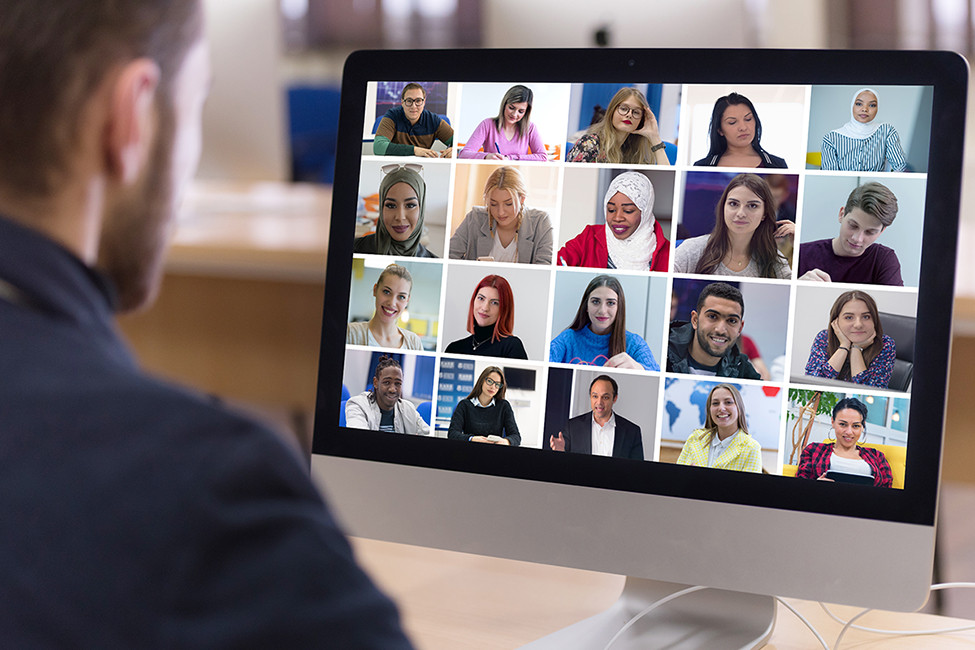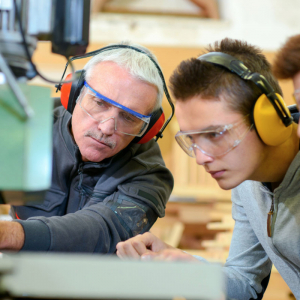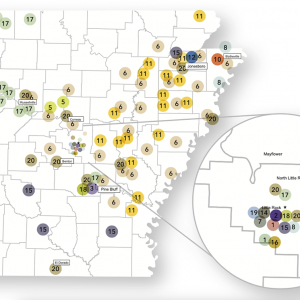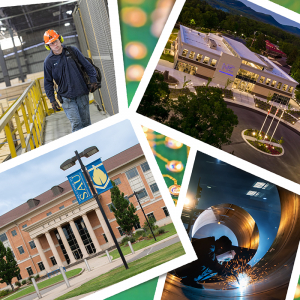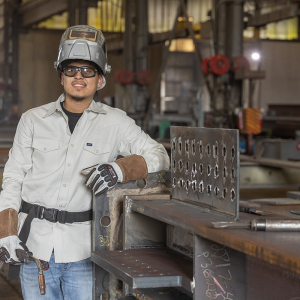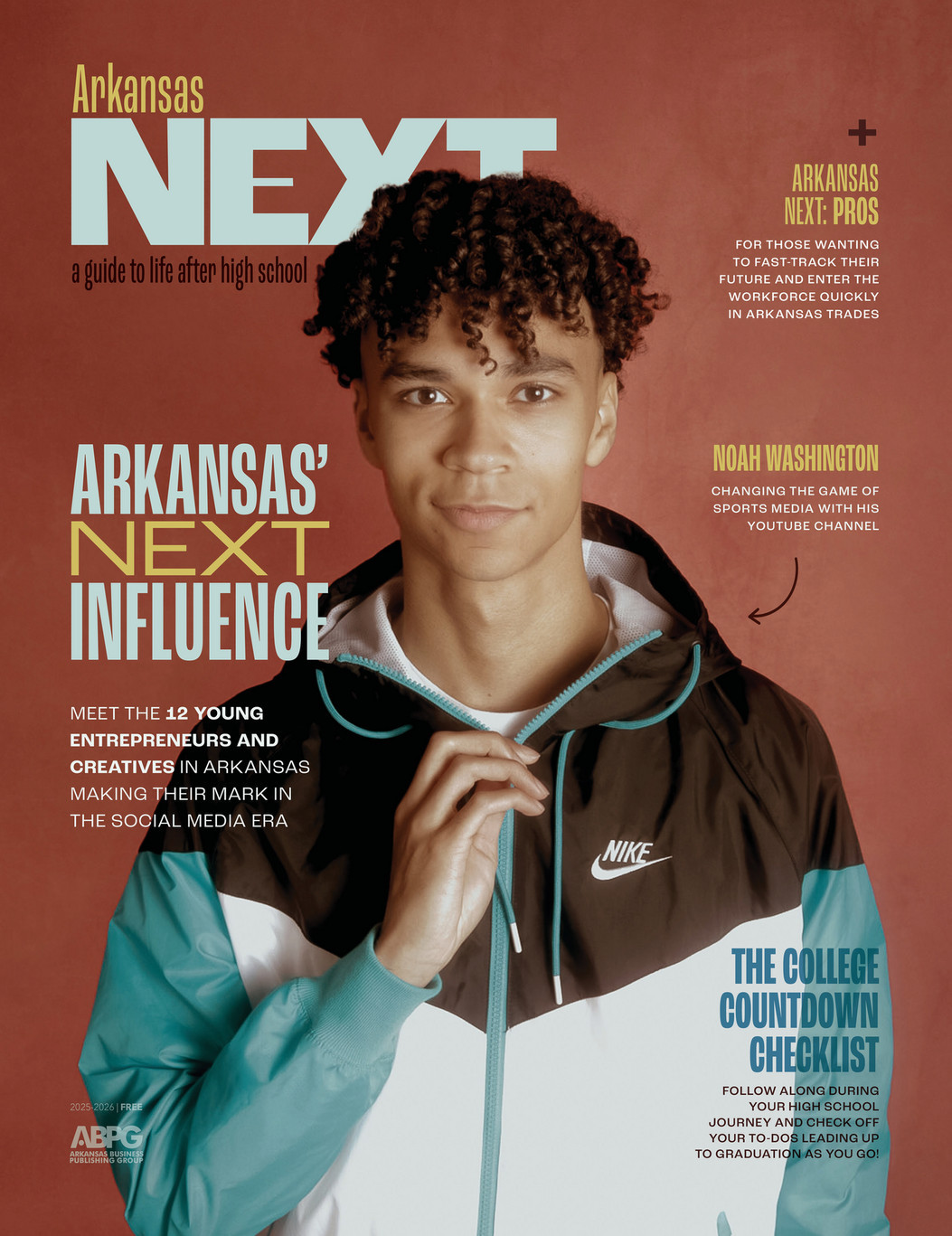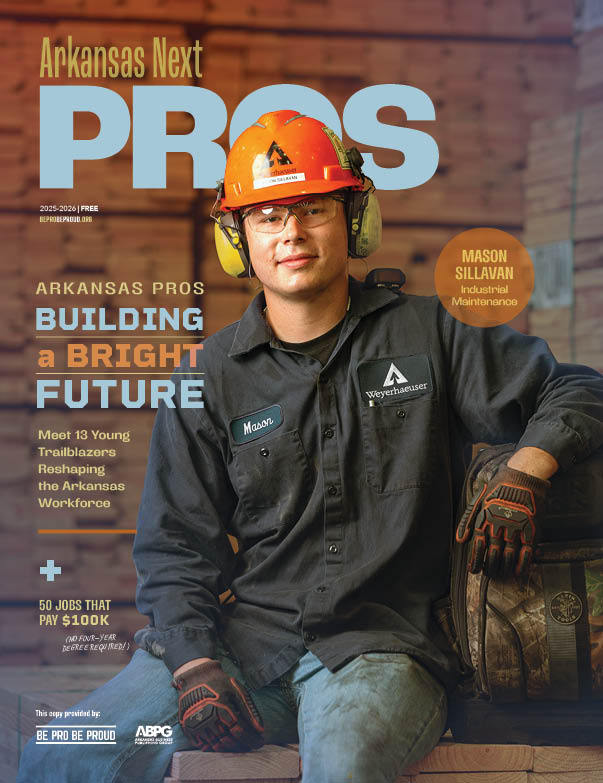What Will Your College Experience Look Like After COVID-19?
By Julia Shands and Lindsay Irvin on Monday, October 25, 2021
College life was completely transformed last year as COVID-19 swept across our state and our country. Mask mandates and digital learning altered the college experience, but many universities jumped to make the necessary adjustments for their students to have the most normal year possible, while also remaining safe. Now that we live in a world of new technology and socially distanced learning, what will life look like post-pandemic? Will we resume the Zoom? Or will life on campus return to what it once was?
“I don’t think there’s anything that we’ve had in the past that won’t come back," says Matthew Hargis, senior associate director for the University of Arkansas’ Office of Admissions. "I really think that some of the traditions here just weren’t going to be affected by a pandemic, no matter how long it lasted.” The UofA moved classes online, required masks and encouraged students to limit social interactions, but Hargis is confident that students can start to see a return to normalcy in the fall of 2021.
Students applying to colleges could also get potential post-pandemic perks. Hargis thinks that the optional ACT/SAT testing policy may stick around, which could benefit future students if they aren’t proficient test-takers. “I think the biggest change that COVID has brought is the examination of test scores and what place they have in the role of college admissions,” Hargis says.
On the other hand, COVID-19 caused Arkansas State University-Beebe’s campus to band together like never before. “This past year our Theatre Department built different ‘sets’ for our paramedic and emergency medical technician students to simulate emergency situations," says Tyler Bittle, director of admissions at ASU Beebe. “Some of those new ways of thinking and collaborating between our students in different areas is going to remain a permanent feature on our campuses.”
The pandemic discouraged some freshmen from even starting school, but Bittle thinks that those who did found that beginning their college experience was worth it in the end.
“Life will always be full of uncertainty and students should plan to be proactive no matter the circumstances," Bittle says.
COVID-19 encouraged many campuses like Ouachita Baptist University to become innovative in ways that universities couldn't have previously imagined. Although the pandemic made life on campus more difficult, it also motivated administrators to make changes that will ultimately better the college experience for years to come.
“Ouachita utilized every inch of campus to create new learning spaces for students to spread out while continuing to learn face-to-face with their peers and professors,” says Ashlee Giles, director of enrollment initiatives at Ouachita Baptist University. “We also created an on-site testing center and utilized students, including those who want to go into health care, as contact tracers to keep our campus community safe!”

"How you respond to tough situations is important. Being able to have a positive outlook and continue to persevere, despite the challenges that will be thrown your way, will prove to be beneficial ... not only in that moment but for a lifetime.” – Ashlee Giles
How Has Life in the Post-pandemic World Changed?
WOMEN LEFT THE WORKPLACE
Listen up, ladies! "It took less than a year to erase more than three decades of progress for America’s working women," according to Fortune magazine. "More than 2.3 million women have left the U.S. labor force since February 2020, sending us back to participation levels last seen in 1988.”
The world needs women in key roles and leadership positions in every industry to thrive — there will be an increased need to refill that gender gap.
SHORT-HANDED BUSINESSES
Shortages are cropping up everywhere as we emerge from lockdown for industries ranging from automotive to lumber — there is even a shortage of employees! The demand for goods and services is returning to its standard pace, and businesses are scrambling to catch back up, find talent and fill positions. Good news for jobseekers!
WORKING OVERTIME
According to a Harvard Business School study, which used data from more than 3 million employees around the world, the pandemic workday is now, on average, 48.5 minutes longer. It seems the world is playing catch-up, with employees often working through lunch, at night and on weekends.
NEW HOBBIES
COVID-19 caused so many of us to get outside, take up new hobbies and get in shape. Our renewed love of nature caused visitation to National Parks, like Yellowstone and Hot Springs National Park, to soar. The pandemic caused bikes, tickets for outdoor entertainment and fitness gear to sell out. Many people also bought up furniture and home merchandise as they redecorated their homes.
